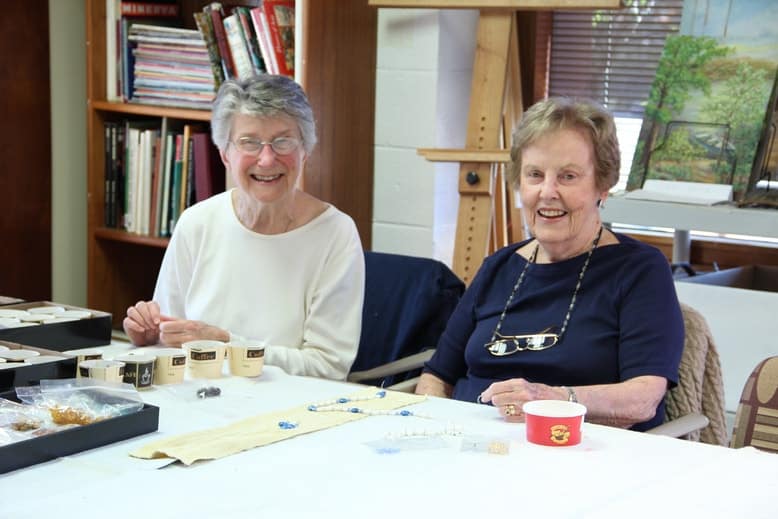The Benefits of Optimism… With a Healthy Dose of Realism

Are you a glass-half-full or half-empty person? How you answer that question might profoundly affect your well-being and lifespan.
Some researchers even go so far as to claim that optimism can act like a true fountain-of-youth elixir! Here’s what studies show.
The health benefits of a positive attitude
Psychologists, medical doctors, and other healthcare professionals have long believed that positivity and physical health are connected. Recently, a collection of 15 studies analyzed by the JAMA Network found that “optimism is associated with a lower risk of cardiovascular events and all-cause mortality.”
But positivity doesn’t only lower your risk of cardiovascular incidents. It’s also an important factor in warding off some of the most common chronic illnesses associated with aging such as arthritis, depression, high blood pressure, lung disease, stroke, and Type 2 diabetes.
Optimists also recover faster from surgical procedures and have fewer hospital readmissions. In addition to chronic illnesses, positive people seem to have more robust immune systems; they don’t get sick as often, and when they do, they recover more quickly.
So you might wonder: How does one’s attitude play into improved health and longer lifespans?
Well, the answer isn’t fully formed. Scientists and medical professionals are still working to connect the dots, but the general consensus is that people who are more optimistic tend to be happier and more cheerful. Laughter and time spent with loved ones are great stress relievers. The less stress your body holds onto, the more likely you are to avoid problems with hypertension, chronic headaches, and even stress-induced weight gain.
Optimistic people also tend to have good health routines such as staying physically active and eating nutritious meals. These healthy habits keep cholesterol and blood sugars lower.
Can you train yourself to be more optimistic?
In short, the answer is yes! You can train yourself to be more optimistic because positivity is a mindset. Everyone faces unpleasant events at different points in their lives, but positive people use those events as learning experiences. They choose to see themselves not as victims of circumstances but as people in charge of how they think and feel.
If you tend to lean toward pessimism, here are some practical tips to retrain your brain:
- Write or say five things you are grateful for each day.
Use a journal or a notes app on your phone. Bringing your attention to what’s good in your life can help you turn the tide.
- Spend time with more positive people.
Who you surround yourself with matters. So, if you want to be more optimistic, invite more half-glass-full people into your life.
- Be kind when you speak to yourself.
How you speak to yourself matters. Avoid negative self-talk and when you lean in that direction, ask yourself: Would I say this to someone I loved?
- Practice the Best Possible Self
With this exercise, you spend five minutes daily imagining the best possible life for yourself. Nothing is off limits!
Another great way to invite positivity into your life is to find reasons to smile. Sure, the news is often grim and social media has its trolls, naysayers, and conspiracy theorists, but you don’t have to get swept up in the negativity.
Each day when you wake up, find a reason to smile. Maybe it’s viewing photos of your grandchildren, walking your dog, watching the sunrise, or marveling at how airplane contrails mark the sky. The point is there’s always something worth smiling about.
If you’re having trouble finding something to make you smile or staying positive, don’t be afraid to speak to a mental health professional. Seeking professional counseling is a wonderful way to help you manage your reality while guiding you toward more positive thoughts.
The bottom line
Aging isn’t easy, but it’s a gift. Even when changing situations affect your habits and quality of life, those who carry a positive attitude through difficult, uncertain times come out healthier on the other side than their pessimistic peers.
As author and educator Charles Swindoll says, “Life is 10% what happens to you and 90% how you react to it.” How will you react to life today?
Our picture-perfect and friendly Life Plan Community provides an engaging independent living lifestyle surrounded by nature and filled with moments of personal growth and social engagement. Contact us to schedule a visit today.




